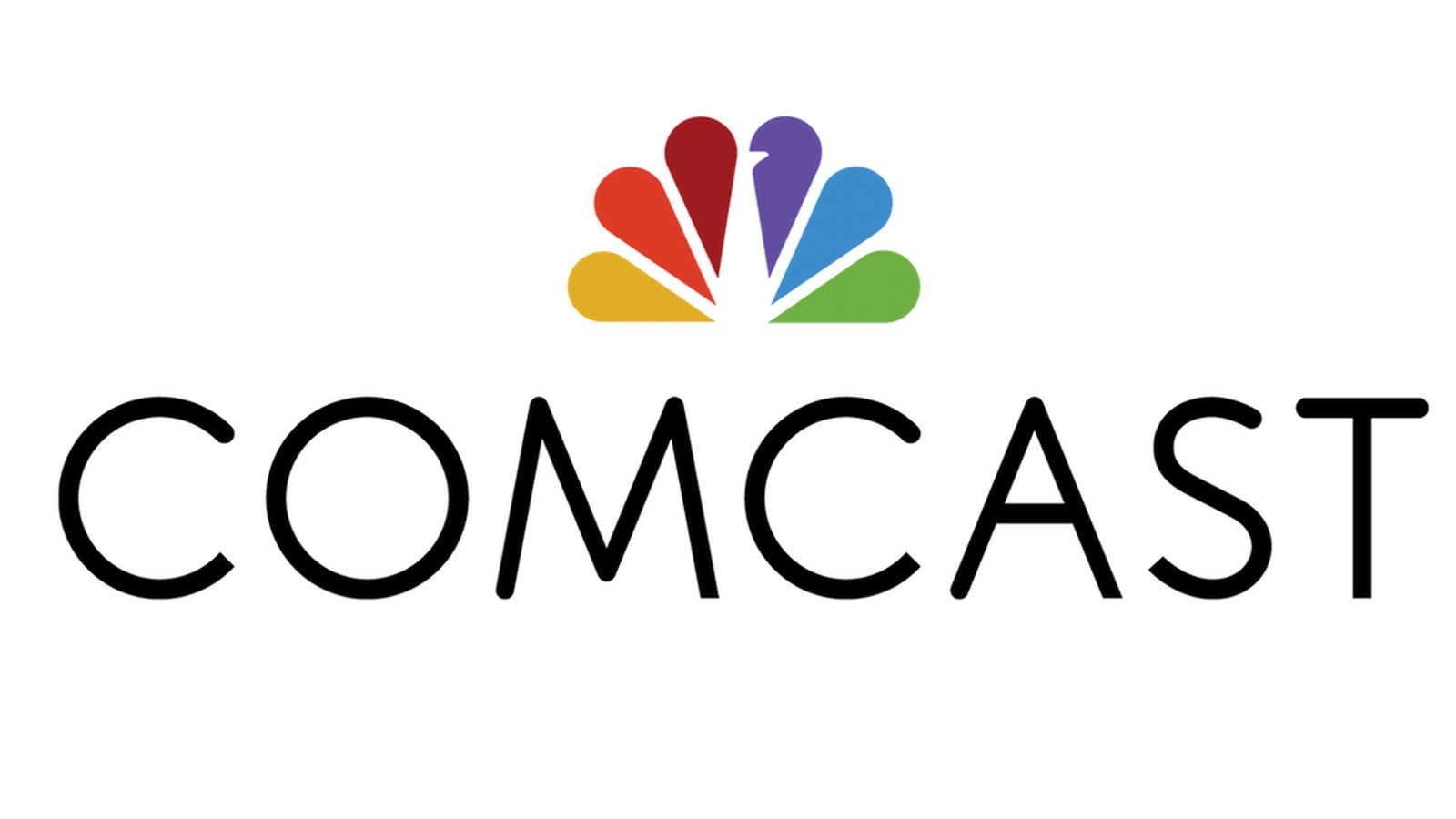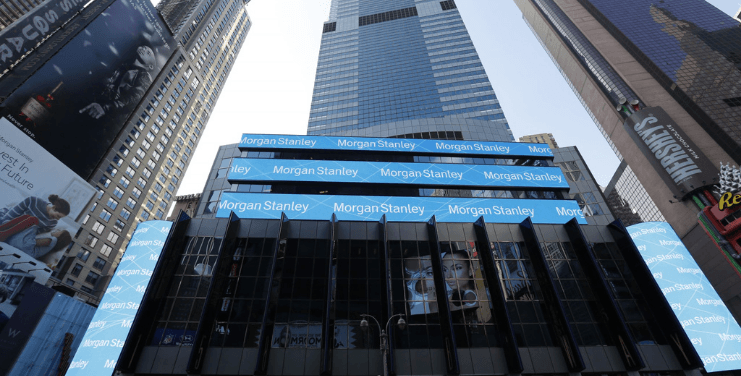Before the world declared war on the COVID-19 virus, the state of entrepreneurship appeared to be in an upswing. In 2019 alone, the US Bureau of Labor Statistics counted over 770,000 net new businesses under 1 year old—a more than 5 percent increase in new businesses created compared to new businesses documented the year prior. Over the same time period, the venture capital industry poured over $130 billion into US-based companies, according to a PitchBook report.
In “fly-over” states, entrepreneurship was built out robustly through support ecosystems and hubs, gaining more visibility in overlooked markets. Cities like Detroit, Philadelphia, Chicago, Cincinnati, St. Louis, Kansas City, Missouri, Birmingham, Alabama, and others were vying for the attention of the national business community as they announced incubators, accelerator programs, funding grants and other luring support incentives. Pledges and commitments toward inclusive and diverse planning and support for Black, Latinx, Indigenous, LGBTQA+, women and other historically overlooked and underfunded entrepreneurs were also taking shape.
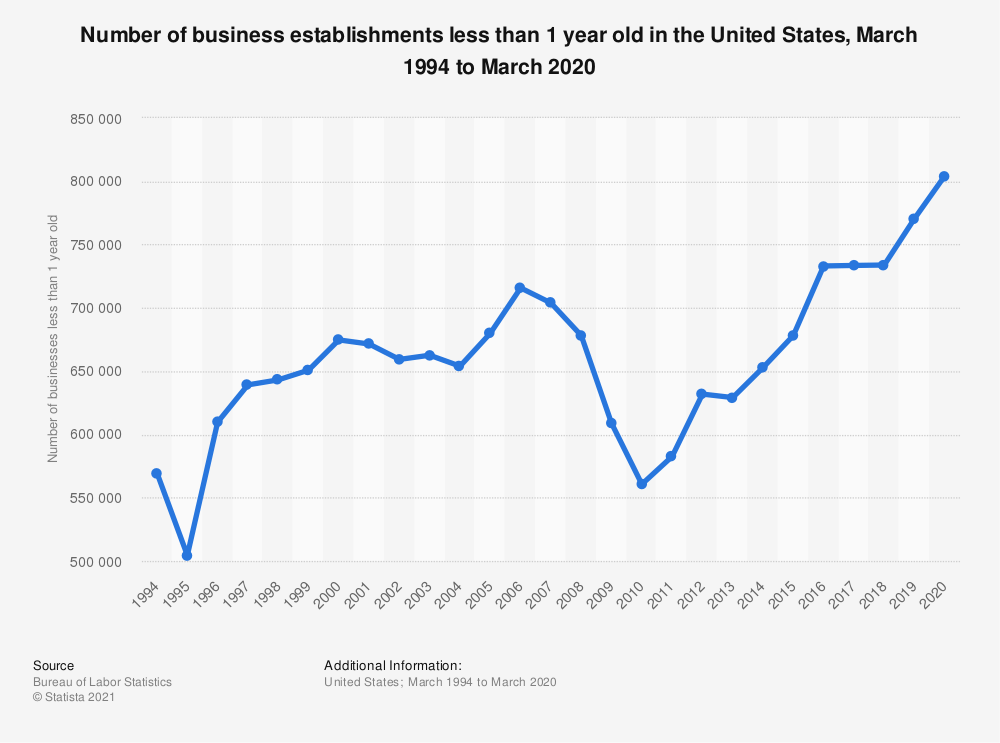
What felt like a golden era of inclusive business and ecosystem growth was matched by thoughtful initiatives and accelerators enabling access. Years before the pandemic, Comcast NBCUniversal emerged as a power player when it launched its first public accelerator program in its hometown of Philadelphia in 2018 in partnership with global seed accelerator program Techstars. As one of the early accelerators focused on the future of media and consumer technology innovation, the LIFT Labs program helped companies like Glow Up Games, co-founded by Latoya Peterson, land its first group of pre-seed investors.
Since its launch, the LIFT Labs accelerator has grown, featuring 43 startups from around the world over a four-year period, to advance entrepreneurship, investment, and support for new innovations in media and technology. Through the accelerator as well as other startup-focused programming, LIFT Labs continues to help Philadelphia’s local entrepreneurship community and create platforms that help founders and local innovation efforts gain visibility. Additionally, last year, Comcast NBCUniversal launched its SportsTech Accelerator to develop the next generation of entrepreneurs actively changing the world of competitive and professional sports.
Comcast has remained committed to supporting founders of all backgrounds through its startup engagement initiatives and helped startups navigate the challenges associated with the pandemic.
Pivoting During the Pandemic
The COVID-19 pandemic hit rising companies hard. Access to capital became more precarious. Fundraising was put on pause for many founders, and once in-person sales meetings became virtual. More importantly, startups just getting revved up had to quickly pump the brakes. Amid growing a company, founders were thrust into navigating the unprecedented impact of a public health crisis on their business that had no certain deadline.
Seeing these challenges, the Comcast NBCUniversal LIFT Labs team started to develop a strategy that would help provide the support founders needed during this time. First, they met with entrepreneurs from their prior and current accelerator programs and the broader LIFT Labs network to help understand startups’ changing needs within this uncertain climate.
Based on that early feedback, the team began to build and pilot a series of programs that would foster virtual education and mentorship, provide on-demand training via virtual boot camps, and offer funding opportunities for founders.
“It was an opportunity to answer concerns and questions and worries founders were having around ‘now what?’ as the entire world changed in a matter of weeks. The pandemic wasn’t the time to pull back or take anything away. We wanted to offer even more support, just in a different way,” Jeanette Pierce, senior director of marketing communications, Startup Engagement at Comcast NBCUniversal said.
LIFT Labs programming was tailored to what founders needed most: guidance on how to build a customer base and sell to customers and clients in a virtual environment; how to manage and communicate effectively with their teams virtually; and marketing in a harsh environment, for example. Founders were able to receive that mentorship directly through the Lift Labs CONNECT program, where more than 50 startups engaged virtually with leaders and subject-matter experts from Comcast NBCUniversal.
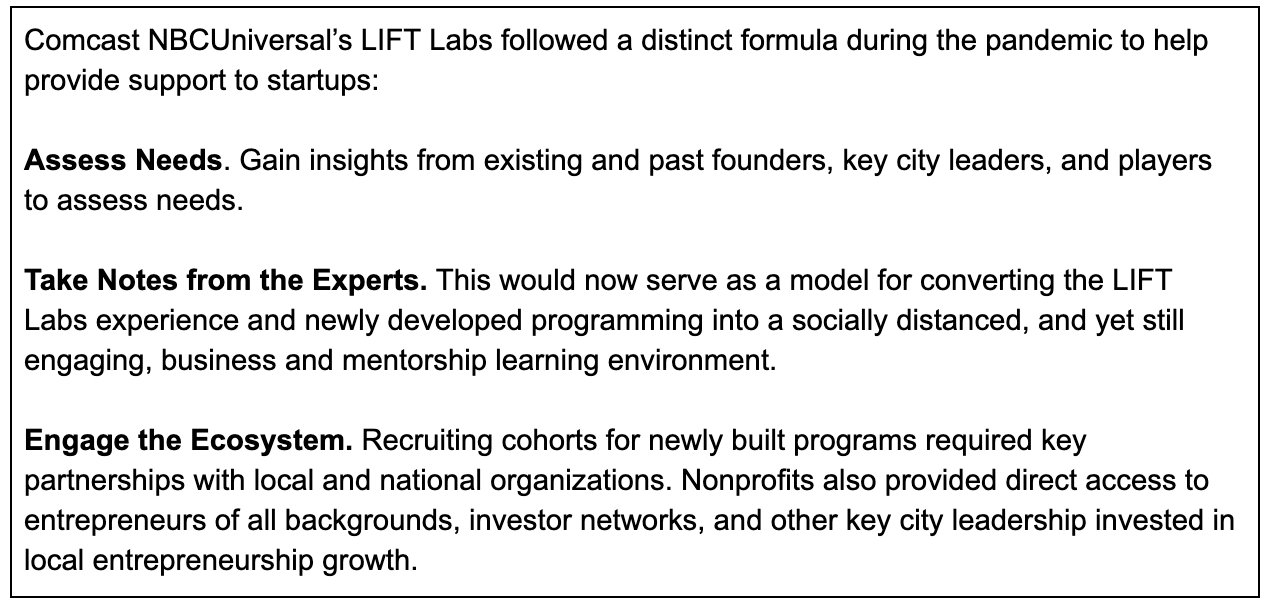
Accelerating the Momentum of Inclusion
As its programming evolves, Comcast is also looking at new ways to increase representation across its startup engagement offerings. Building on Comcast’s public commitment on diversity, equity, and inclusion, the LIFT Labs team continues to look at how recruiting efforts can help tap founders from overlooked cities and communities.
“We want to make sure that the founders we are working with through our programming, accelerators, and commercial business development mentorship opportunities, look like our communities and our customers,” Antonia Dean, director of startup pipeline diversity at Comcast NBCUniversal, said.
Part of the framework the team is using to drive its inclusion strategy includes a series of important questions to help its team think through where and how it can make significant changes in its approach and strategies to serve a diverse entrepreneurial community.
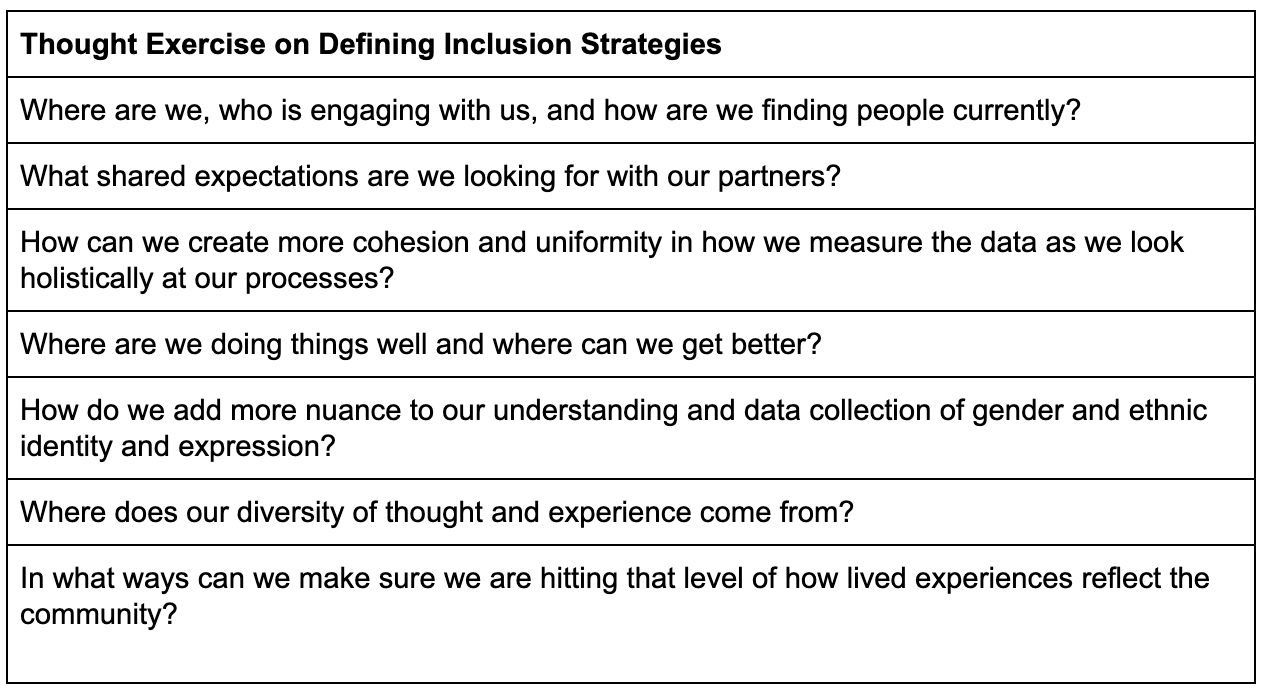
The Work Ahead
LIFT Labs introduced a five-city “roadshow” tour two years ago, facilitating and hosting entrepreneurship events, founder programs and happy hours in cities like Atlanta, Washington D.C., Austin, and others, for in-person relationship building, networking, and learning.
Due to the pandemic, the LIFT Labs City Tour, was virtual earlier this year, with a series of online events in seven cities that connected investors, nonprofits, and 200 founders as they shared their thoughts and experiences on how they define their ecosystem strengths and weaknesses, particularly during a global pandemic and shifting social justice movements sweeping the country.
Each city identified specific needs. In Los Angeles, Atlanta and Chicago founders noted challenges like top tech talent choosing to work for startups instead of big companies, a networking roadmap for newcomers and increased risk tolerance for among investors respectively.
Unanimously, founders mentioned two distinctive needs: Introductions to enterprise partners for sales opportunities; and support in telling their stories.
“From our learnings in 2020, we knew that Black businesses were failing faster and struggling more than their white counterparts,” Pierce said. “We were already having the discussions on how to best support underrepresented founders, but this feedback validated our work helping to tell startup stories—specifically about Black and Latino founders.”
Since those discussions, LIFT Labs has partnered with the creative team at Revolt TV and Comcast’s Black Experience on Xfinity team to launch a docuseries called Founding in Color. This exclusive three-part series features nine Black and Latino founders who get candid about navigating race, identity, family, and a global pandemic to survive as entrepreneurs. Many of the founders showcased have participated in Comcast programs built to support entrepreneurs.

Other partnerships include newly formed initiatives with digitalundivided, BlackVC, and The Plug to help amplify LIFT Labs’ programs to more cohorts of Black and Latinx founders.
As the work continues, Comcast NBCUniversal, through LIFT Labs and other startup engagement initiatives, is focused on its effort to ensure equitable outcomes for founders. For a look at their programs for founders, please visit ComcastNBCULIFT.com.
Series Sponsor: Comcast NBCUniversal LIFT Labs
This editorial was made possible by Comcast NBCUniversal LIFT Labs. Sign up for the monthly LIFT Labs newsletter for updates on program application dates, events and other networking and support opportunities for founders.

